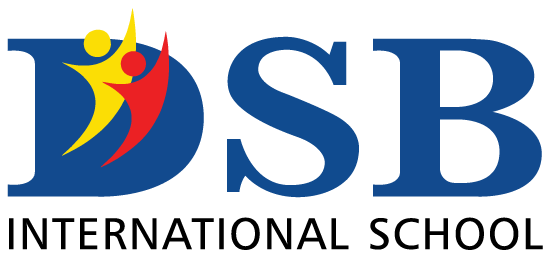Transforming learning by using free recall
As we all know teachers never really turn off their teaching brain. A couple of weeks ago I was chatting to a friend and she was discussing a strategy she had picked up to use in her maths class. Now while I am an English Language and Literature teacher, something about the strategy fascinated me and I could see how it would really enhance my own practice and the practice of others. This powerful learning strategy is based on extensive cognitive science research: free recall. This strategy, also referred to as "brain dump," "show what you know," or "stop and jot," can have a significant impact on student learning.
Here's how it works
- Pause your lesson, lecture, or activity.
- Prompt students to write down everything they can remember. Give them a timed minute.
- Then ask the students to work on expanding any of their ideas that they have jotted down for a timed two minutes.
- Finally give them three or four minutes to share with partners.

It's as simple as that! Implementing retrieval practice can take as little as 6 minutes. Here are a few tips to enhance its effectiveness:
- Have students write down their responses individually to ensure active retrieval for all students, rather than relying on "cold calling."
- Emphasize that this activity is for learning purposes and not graded assessment.
- Provide a specific prompt to guide students' writing and specify the extent of their response. For instance, they can write down everything they remember about a specific topic within a given time limit or recall 1-3 key points about a broader topic without time constraints.
- If possible, incorporate spacing and feedback. To introduce spacing, ask students to recall information from the previous day. To add feedback, encourage students to discuss their responses with a partner for a brief "turn and talk" session before proceeding.
While assessment may come to mind when considering retrieval practice, it is worth noting that a significant portion of research on this topic employs free recall as the initial retrieval activity. Free recall not only facilitates the learning of past and future content but also aids students in organising their knowledge across various subject areas, from basic knowledge to complex concepts. Despite its scientific name, free recall even enhances students' inferential learning and metacognitive skills.
Transforming learning doesn't always require a substantial investment of instructional time. Incorporate free recall and brain dumps into your teaching repertoire to make a remarkable impact with a simple and swift strategy for powerful learning.

